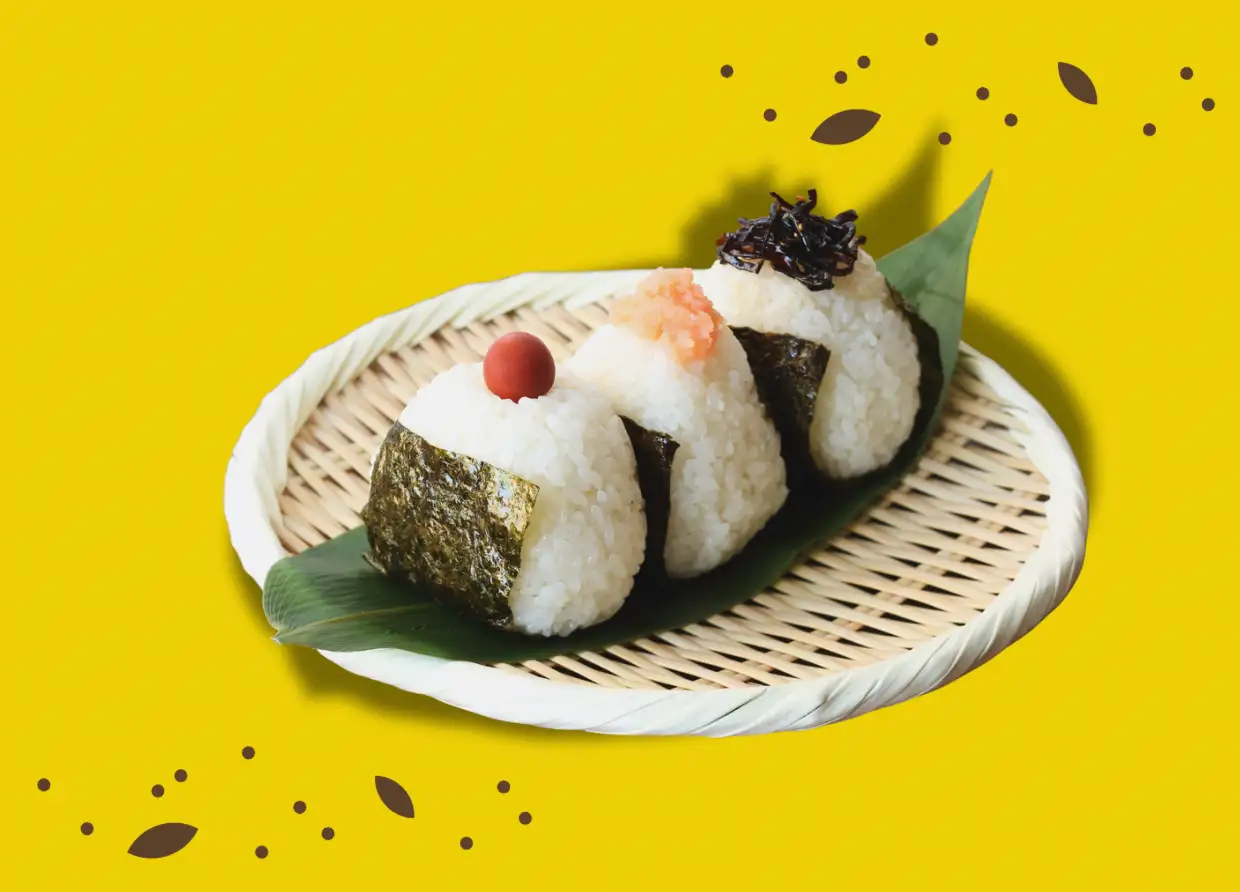THINK CHOLESTEROL IS THE ENEMY? HERE'S WHAT NO ONE TOLD YOU—AND WHY EGGS MIGHT BE BACK ON THE MENU
Forget Everything You Thought You Knew About Cholesterol—The Real Threat Might Not Be What's on Your Plate
For years, cholesterol has been the villain of the nutrition world—blamed for clogged arteries, heart attacks, and banished breakfast foods. But what if everything you thought you knew about cholesterol was... kind of wrong?
The truth is, cholesterol isn’t just some evil fat lurking in your food—it’s a critical part of your body’s natural system. It builds cells, helps make hormones, and even assists in digesting food. And here’s the kicker: the cholesterol you eat (like in eggs or shrimp) doesn’t automatically turn into high cholesterol in your blood.
Blood vs. Plate: The Real Story of Cholesterol
There are two key types of cholesterol in your body: LDL (the one that clogs arteries) and HDL (the one that helps clean things up). The problem? Too much LDL and not enough HDL—not that omelet you had last weekend.
Many people are surprised to learn that dietary cholesterol—found in things like eggs, shrimp, and dairy—has little to no impact on blood cholesterol levels for most people. Instead, the real culprits are saturated fats, processed foods, and certain lifestyle habits like poor sleep and lack of exercise.
So What Does Raise Your Cholesterol?
Spoiler: It's not just meats.
While red meats and full-fat cheese can contribute due to their saturated fat content, things like trans fats (in some pastries and processed snacks), sugary foods, alcohol, and sedentary lifestyles also play a role. Genetics can factor in too—meaning high cholesterol isn’t just about what’s on your plate.
Cholesterol Isn't the Villain—It's the Balance That Matters
Today’s science says it’s all about balance. Want to protect your heart without cutting out everything you love? Here’s what you can do:
- Eat smart fats: Avocados, salmon, nuts, olive oil—all great for boosting HDL (“good”) cholesterol.
- Focus on fiber: Oats, legumes, fruits, and vegetables help lower LDL levels.
- Move more: Regular exercise helps regulate cholesterol and overall heart health.
- Sleep and chill: Yes, managing stress and getting 7–9 hours of sleep can influence cholesterol levels too.
The Egg Redemption Arc (Yes, You Can Have Yolks Again)
Once banished to the "bad food" zone, eggs are making a comeback. With about 186 mg of cholesterol per egg, they used to be seen as dangerous—but now we know they offer high-quality protein and vital nutrients without significantly spiking blood cholesterol.
The Bottom Line: You Don’t Need to Fear Cholesterol—You Just Need to Understand It
Cholesterol is essential, not evil. The new approach to health isn’t about avoiding all fats or counting every mg of cholesterol—it’s about building a lifestyle that promotes balance, movement, and nourishment.
So if you’re tired of outdated health rules, it’s time to break up with fear-based eating and start making empowered food choices that actually work for your body.
#THE S MEDIA #Media Milenial #cholesterol myths #heart health #LDL vs HDL #dietary cholesterol #healthy eating #nutrition tips #cholesterol-friendly foods #young adult wellness #fitness and health #cholesterol facts #saturated fat awareness #balanced diet #health misconceptions #modern nutrition science #cholesterol and lifestyle






















